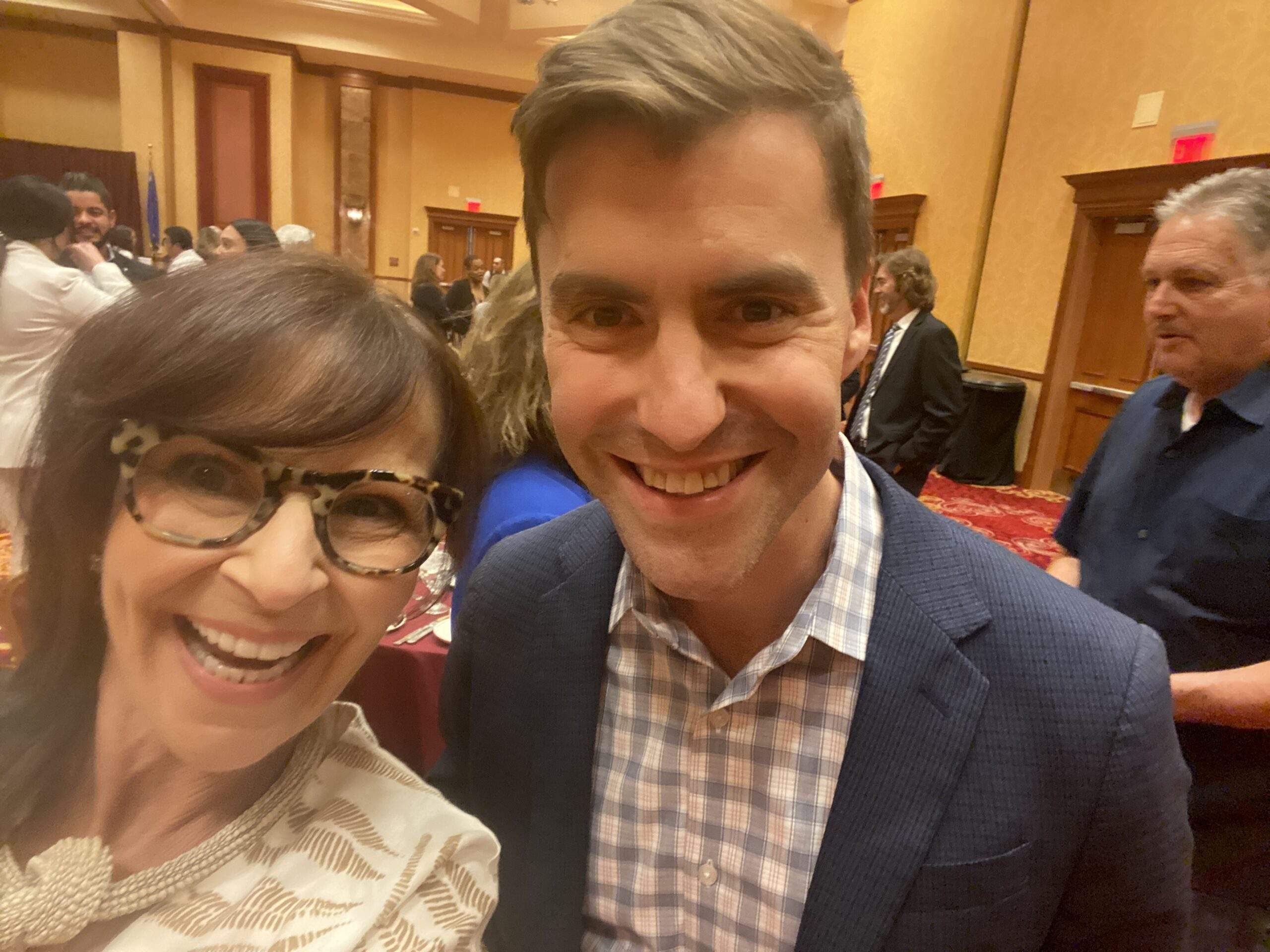by Andrea Goeglein – Integrity and leadership have been central to my research and to leadership success. I have always been inspired by the topic. I wrote my dissertation on the values-based transformational leadership in the mid-1990s (yes, I know before some of you were born – I am actually proud of that!). As we begin to close down 2019 and move into another decade, we have been given plenty of evidence that much work still needs to be done in the area of integrity and leadership thanks in part to the creation of social media since my research.
This week alone, CEOs from Away and WeWork experienced what I like to call “public reviews”. I was asked to comment on both situations. Below is my contribution to the WeWork situation which was written by Kyle Schnitzer for TheLadders.com.
My top tips:
- Regardless of current realities, social media is not social for business leaders. It is a strategic tool to be used wisely to express trust in you, trust in your brand, and trust in your ability to lead.
- Leaders must have a strategic vision for their use of social media.
- When you error, repent with integrity.
The complete article is here…
What leaders can take from WeWork chairman Marcelo Claure’s pricey night out after mass layoffs by Kyle Schnitzer
“Dark times”
Leaders are in a unique position during these dark times. They can easily set the tone for a company moving forward, and according to Executive Leadership Coach Dr. Andrea Goeglein, it’s important for Claure to move quickly.
Part of Claure’s mistake comes from the pitfalls of social media and how our society has an appetite to scrutinize quickly, especially when it’s coming from someone in power.
“Right there, we are taking one of the key elements of leadership out of the equation — thoughtful consideration,” Goeglein said. “Strategic implication. You’re not doing that. You’re going straight to execution without ever having a strategy. That’s what social media does to leadership communication if the person is not careful.”
While Claure hasn’t addressed WeWork’s employees about his post (It remains unclear if he will), Goeglein said a simple apology or statement could immediately diffuse the narrative.
“Whenever you had made an error or you need to correct something, address every conversation with the framework of no shame, no blame, no rationalization,” she said.
“He could very easily make one statement that says, ‘I became aware that posting an outing was insensitive to where this great company is and the great people that we have worked with, all I could do at this point is apologize. I will be more thoughtful going forward.’ Done.
“What that does is reestablish his position as someone you can trust. It begins that process. He’s only human, he screwed up, and he’s willing to admit it. Those are the characteristics we have lost in our communications particular at leadership levels.”
Thank you, Kyle, for the opportunity to contribute to this piece.




